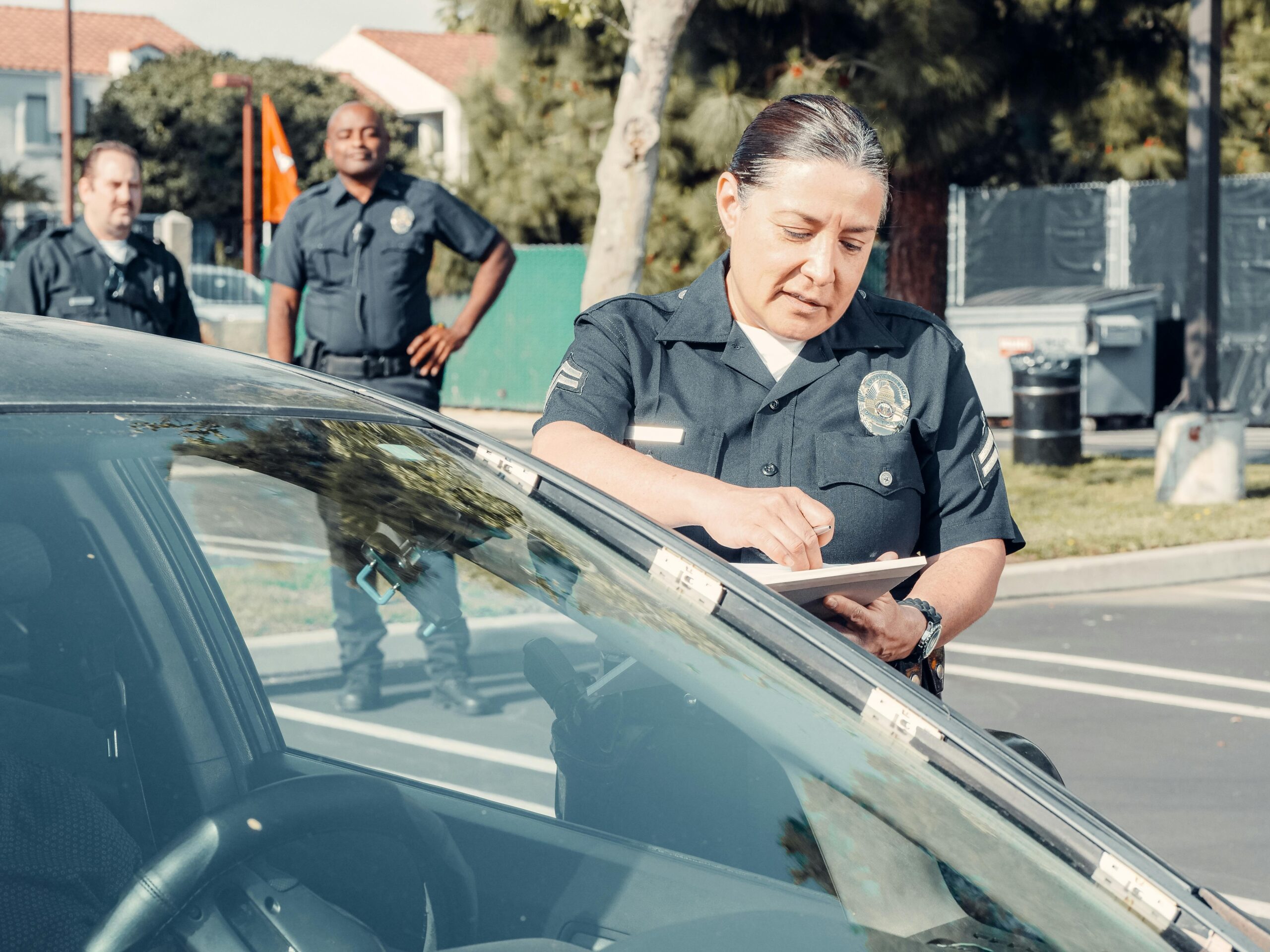Being stopped by a police officer while driving can be a stressful experience, especially for undocumented immigrants. It’s important to know your rights and how to conduct yourself during such interactions to ensure your safety and minimize legal risks. Here are several practical tips to consider if you find yourself in this situation.
1. Stay Calm and Polite: The first and most crucial step is to remain calm. Panicking or showing signs of nervousness can escalate the situation. Be polite and respectful throughout the interaction. Avoid making sudden movements and keep your hands visible at all times, preferably on the steering wheel.
2. Provide Basic Information: You are required to provide your name, driver’s license, vehicle registration, and proof of insurance if requested. If you do not have a driver’s license, it’s advisable to be honest about it. Lying to a police officer can result in further complications or charges.
3. Know Your Rights: You have the right to remain silent beyond the basic information required. If the officer asks questions about your immigration status, such as “Where are you from?” or “Are you legally in the United States?” you can politely refuse to answer. Simply say, “I am exercising my right to remain silent.”
4. Do Not Consent to a Search: You are not obligated to consent to a search of yourself or your vehicle unless the officer has a warrant or probable cause. If asked, you may say, “I do not consent to a search.” Remember, consenting to a search can sometimes lead to complications or discovery of evidence that could be used against you.
5. Avoid Disclosing Your Immigration Status: It is critical not to disclose your immigration status to the police unless specifically required by law, which is usually not the case during traffic stops. Disclosing that you are undocumented may lead to immigration enforcement.
6. If Detained, Ask for a Lawyer: Should the situation escalate and you find yourself detained, ask for a lawyer immediately. Do not sign any documents or make any statements beyond your basic identification without consulting an attorney. You have the right to contact your consulate for assistance, so you may request to do so.
7. Prepare an Emergency Plan: If you are at risk of being detained, it’s wise to have an emergency plan in place. This might include arranging for a trusted friend or family member to care for your children or manage your affairs if you are unable to do so.
Conclusion: Encounters with law enforcement can be daunting, but knowing your rights and how to act can greatly reduce stress and potential legal troubles. Remember, the key is to remain calm, be respectful, and seek legal help if needed. For more advice or if you need representation, do not hesitate to contact us at Gomez Law, PLLC. Your rights and well-being are our top priorities.




